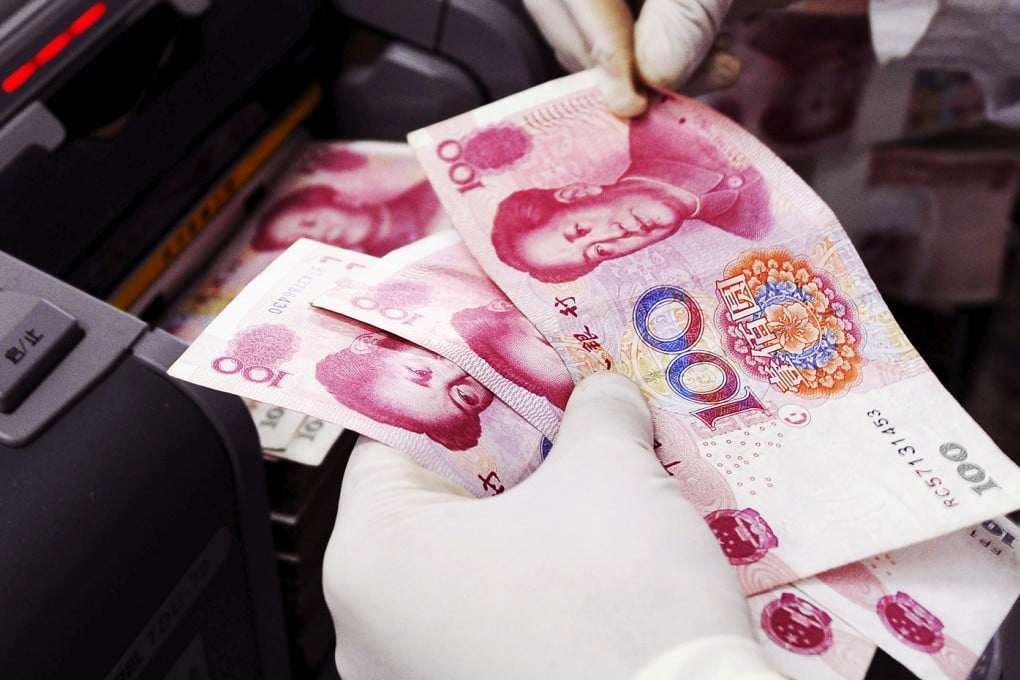Beijing approves blueprint for capital market reform
State Council backs plans for expanding capital market and yuan's global status

The State Council approved guidelines on reform priorities this year, as the government seeks to widen and deepen the capital market - in part through the planned Shenzhen-Hong Kong Stock Connect - as well as boost the yuan's global status and improve resource allocation.
The government pledged to have an orderly easing in controls over deposit rates, reform of the initial public offering system and development of a multi-layer capital market, according to a document issued yesterday.
It vowed to launch a pilot project "at a suitable time" on domestic individual investors' overseas investments.
The policymakers are also planning an experimental run of the Shenzhen-Hong Kong Stock Connect after a similar link between Shanghai and Hong Kong.
The guidelines were drafted by the National Development and Reform Commission and are an attempt to detail the action plans for reform this year after the top leadership set the policy tone at the Central Economic Work Conference in December.
"The need to boost efficiency of economic operation has prompted an acceleration in financial reform," said Zhang Monan, a senior researcher at the state-backed think tank China Centre for International Economic Exchange.